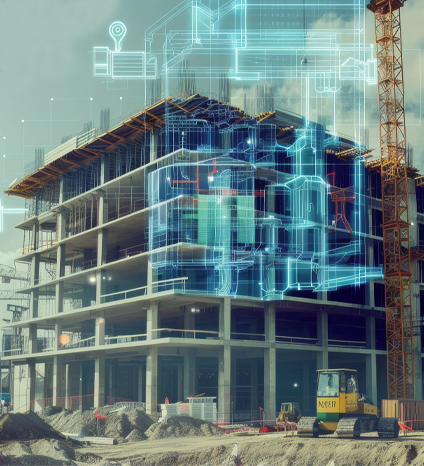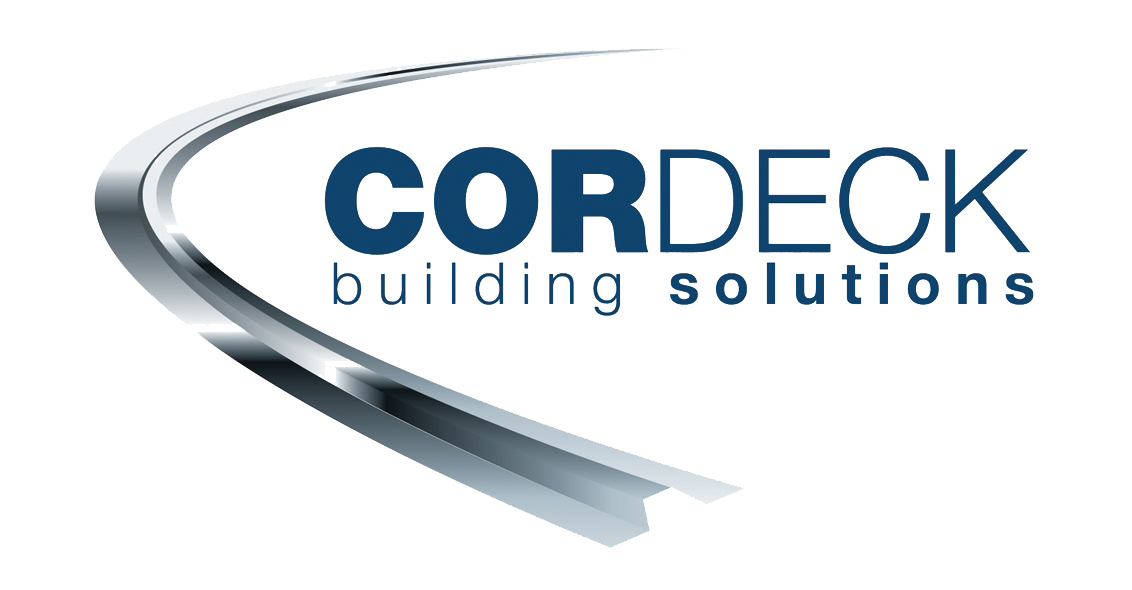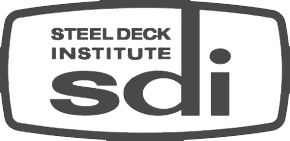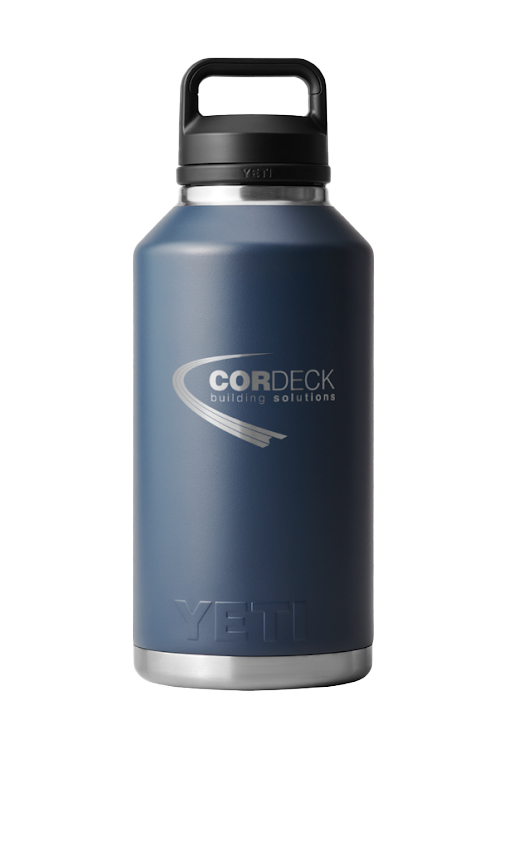Driving Innovation with AI in the Construction Industry: Leveraging Technology for the Future
The construction industry is undergoing a profound digital transformation, with advancements like artificial intelligence (AI), automation, and data-driven processes reshaping how projects are conceived, planned, and executed. As a leader in metal decking, Cordeck recognizes these shifts and aims to be at the forefront of innovation and thought leadership in the sector.
The Impact of AI on Productivity
AI is revolutionizing productivity in construction by automating routine tasks and improving resource management. Research shows AI can boost productivity by up to 40% by streamlining scheduling and automating repetitive tasks. AI-driven project management tools enable better resource allocation, reducing delays by up to 25% and cutting costs by 10% through more efficient planning.
With North America leading the charge, 60% of construction companies believe AI will be a game-changer for operational efficiency over the next five years, particularly in addressing challenges like labor shortages and growing urban infrastructure needs Worldmetrics Mordor Intelligence.
The Integration of AI and Automation in Construction
According to the 2024 ABC Technology Report, AI and automation are becoming essential components of construction workflows, from pre-construction design optimization to on-site management. AI applications range from predictive modeling to real-time data monitoring for progress and safety. Automated machinery like robotic bricklayers or AI-powered excavators enhances precision and speed, reducing construction timelines and minimizing human error Hexabells World Economic Forum.
In metal decking manufacturing, AI-powered cutting and welding systems ensure higher precision, reduce waste, and drive sustainability efforts. These automated processes are expected to grow by 40% annually, further cementing AI’s role in construction Hexabells.

Predictive Analytics for Project Efficiency
Predictive analytics is a game-changer in construction, using historical data to forecast delays and cost overruns before they occur. This proactive approach enables project managers to adjust timelines and resources, significantly improving outcomes.
Predictive analytics also enhances job site safety. By analyzing real-time data from sensors and wearables, AI can detect hazardous conditions and alert workers to prevent accidents. This capability reduces both project risks and safety concerns.
AI’s Role in Sustainable Construction
Sustainability is now a core priority for the construction industry, and AI is playing a key role in advancing greener practices. AI-driven systems help optimize energy use, improving energy efficiency by up to 20%, and reducing material waste by 15% Worldmetrics Hexabells.
Additionally, AI helps companies comply with environmental regulations by monitoring energy consumption in real time and providing insights to reduce emissions. This is crucial in driving the industry toward more sustainable, circular economy practices Mordor Intelligence.
In-Floor Cellular Raceway Systems: Streamlining Infrastructure
An example of modern construction innovation is the integration of in-floor cellular raceway systems. These systems streamline power and data distribution, eliminating the need for costly post-construction modifications. AI enhances these processes by optimizing installation precision, ensuring efficient infrastructure layouts World Economic Forum.
Building Information Modeling (BIM) and Digital Twins
Building Information Modeling (BIM) has become central to construction planning, offering 3D representations of buildings to improve collaboration and reduce errors. The evolution of BIM into digital twins allows for real-time, dynamic monitoring of a building’s lifecycle, enabling proactive maintenance and operational adjustments. By 2025, over 40% of construction companies are expected to adopt digital twin technology, reflecting its potential to enhance efficiency and extend the lifespan of buildings World Economic Forum Worldmetrics.

AI-Enhanced Safety Measures
AI’s ability to enhance safety on construction sites is one of its most promising applications. Real-time data from cameras and sensors can detect hazards and flag unsafe practices, while predictive maintenance systems identify machinery failures before they occur, reducing accidents and downtime Hexabells.
A Future Built on Innovation
As the construction industry continues to evolve, companies that embrace AI, automation, predictive analytics, and sustainability will lead the way in delivering high-quality, efficient projects that meet the demands of modern society. By leveraging cutting-edge technologies, Cordeck remains committed to driving industry advancement, contributing to a more sustainable, efficient, and safe future for all.




